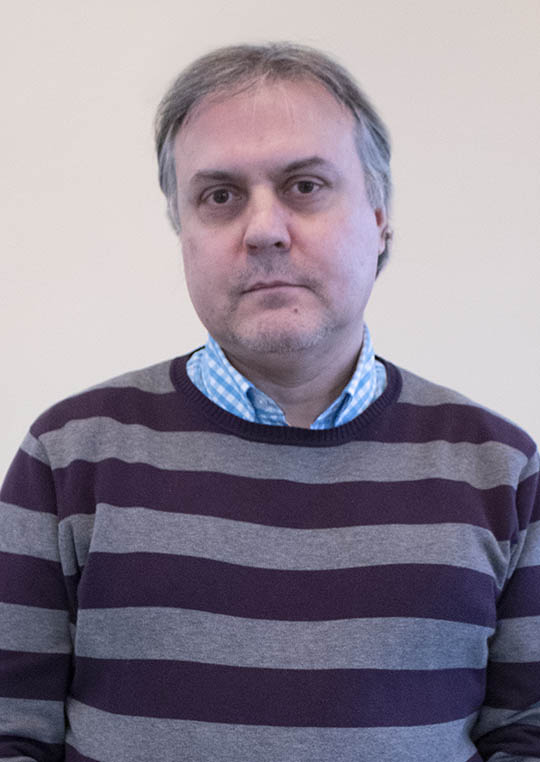Film and the City
From the earliest stages of human civilization cities have been one of its most important elements. Cities are created, planned, developed by people, and in turn they become the setting for human life, they organize and influence it. Cities attract wealth and power, they accommodate different strata of population who enter in complex social interaction. The most famous cities are millennia-old, but even those that are younger have been able to accumulate historical and cultural heritage. Often times when a narrative, be it literary, or cinematic, or of another type, is connected with a city, it will inevitably deal with its cultural myths. Since the invention of cinematography, cities have become a natural subject and a background for both played and non-played film narratives. They also provide a free, readily available spots for location shoot. These ready-made decorations, the city plan and prevailing cultural myths often determine both the cinematic technique and the contents of the stories told. In this course we shall consider a number of film classics set in major world cinematic capitals, such as Paris, Rome, and New York. Towards the end of the semester we shall also address Moscow and St. Petersburg. Particular focus will be given to the ways the films make use of specific cultural and historical features of the given cities, and to the ways in which the city’s space and topography help organize the cinematic narrative. Non-English-language films are subtitled in English.


